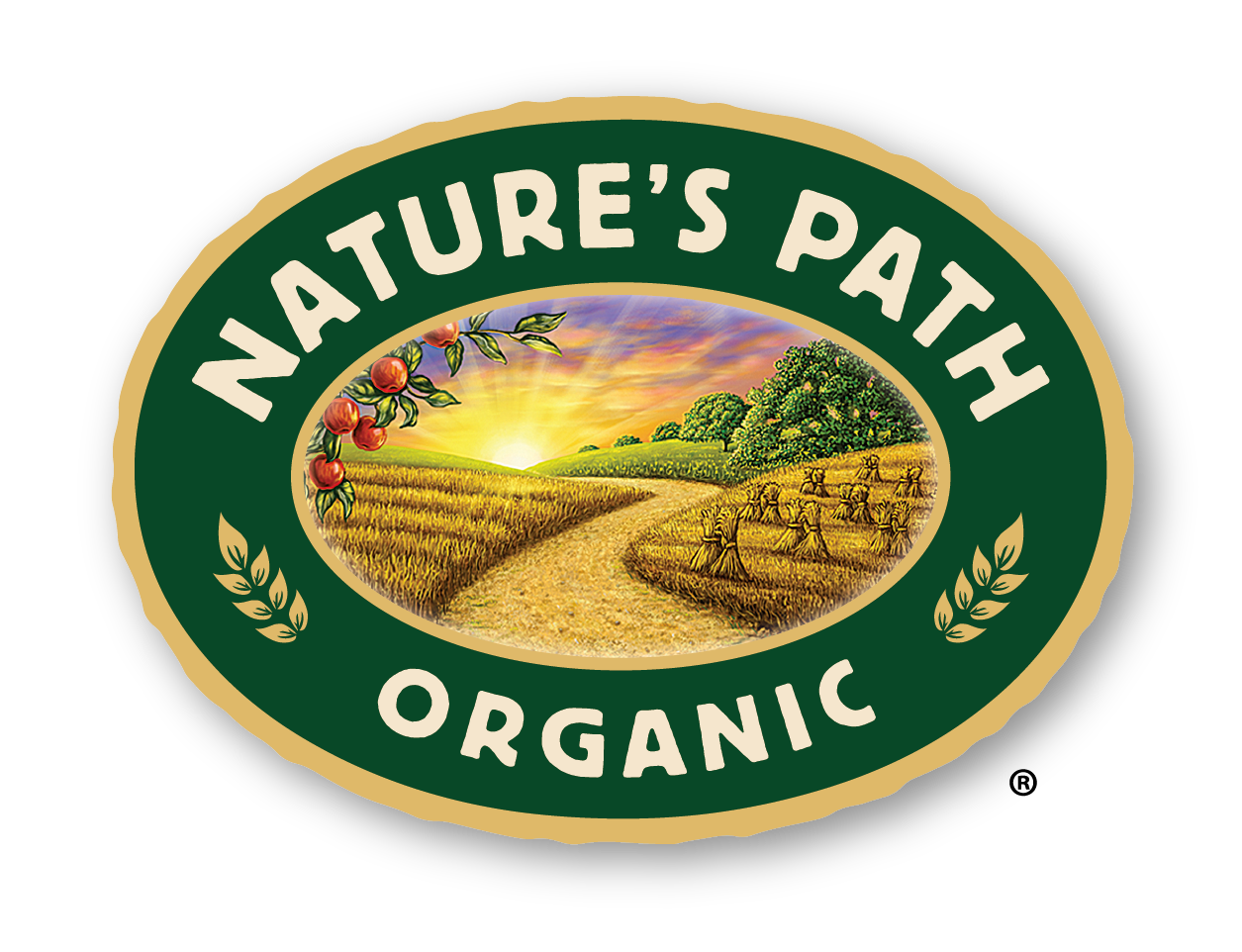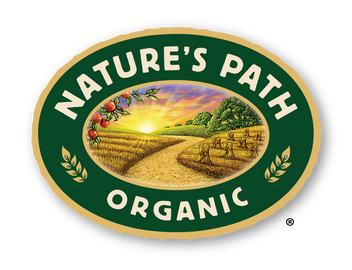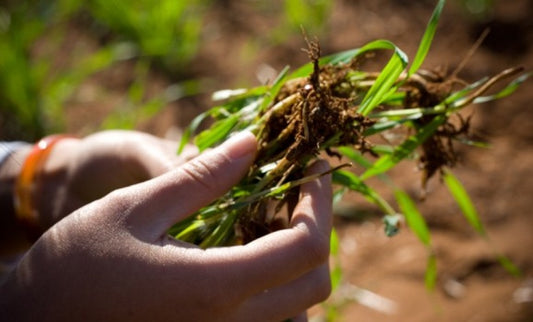I’ll start by saying that I almost solely eat organic foods. I used to grow organic vegetables professionally and still do in my home garden. I research and write about
organic farming and gardening, and with ten years as a student of organic agriculture behind me, I can say with certainty that I believe it is the only way forward. Still, it’s true that there is real debate over whether
organic foods are significantly more nutritious than their conventional counterpart. It’s a legitimate question and one that I am keen on hearing a legitimate answer for. A well-publicized 2012
meta-analysis done by Stanford University proclaimed, no, organic foods provide no nutritional advantage. A 2011 meta-analysis of
similar scope said yes, they do. The intricacies and potential flaws in nearly every study float well above the heads of most journalists and consumers, leaving us unsure of what interpretation of the data to believe. And that’s ok. When we’re looking for real answers, we have to accept that inconsistencies and contradictions are an integral part of the conversation. Authentic truths are rarely quick or clear-cut. But as Mark Bittman pointed out in his
scathing critique of the Stanford study, they should at least start by asking the right questions. In many recent studies on the nutritional quality of organic foods – those ranging from yay, to nay, to shoulder-shrugging “meh” – one particular finding has remained relatively consistent: if antioxidant levels were included in the study, organic foods show significantly higher levels. One major meta-analysis in 2014 specifically focused on this aspect of plant nutrition. Reviewing 343 published studies (the largest meta-analysis comparing organic and conventional food nutrition to date), the analysis concluded that organic foods are
18-69 per cent higher in antioxidants and lower in the heavy metal cadmium than their conventional counterparts. The study also found that conventional foods are four times more likely to carry pesticide residues.
Higher antioxidant levels are linked to longer and healthier life spans
The meta-analysis’ authors hoped the scope of their work and its strong conclusions might begin to settle the question of whether organic foods are more nutritious and steer the conversation toward what that might mean for human health, specifically disease prevention. No counter-studies of the same breadth have yet surfaced to refute their findings. Higher antioxidant levels are linked to longer and healthier life spans, as researchers have found evidence that they play a role in
preventing chronic disease by helping to collect free-radicals in the bloodstream before they develop into problems. Lucky for those of us that like to eat, antioxidants are better (and
safer) consumed as a
whole food than they are in supplement form. While fruits and vegetables are often touted as the best source of antioxidants, organic
whole grains are also antioxidant rich. Fruit and vegetable peels (and the bran of whole grains) often contain the highest concentration of antioxidants.
Organic produce may not only inherently have higher antioxidant levels, but consumers are more likely to eat the skins in the absence of pesticide concerns, increasing their antioxidant intake twofold. The science may not be conclusive, but it’s consistent: whole organic fruits, vegetables and grains are the best source of antioxidant benefits (and the most effective disease-preventing substance) you can buy!
Would you like to be the first to hear about our new products and more? Sign up for our Nature’s Path Newsletter.








